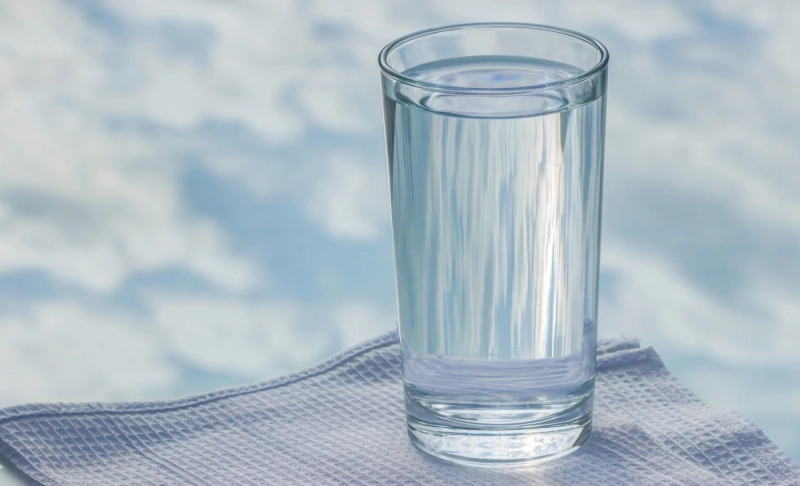By: Arron Williams
January 31 2023

The levels of chlorine in tapwater are considered safe but scientific research has suggested chemical by-products might cause bladder cancer.
Context
A video shared on Facebook with over 10,000 views claims that chlorine in tap water is poisonous. The video claims that chlorine gets absorbed into the skin and is proven to cause cancer, affect the endocrine system, and is the leading cause of asthma, eczema, and psoriasis.
In Fact
The chlorine present in drinking water is considered safe to drink. Though some research indicates potential health issues related to chlorine, further research is required.
As stated by the CDC, tap water contains small amounts of chlorine, and water companies monitor water quality regularly to ensure this water is safe. This level of chlorine does not cause harmful health effects, and tap water is safe for consumption. The chlorine added to tap water protects against waterborne diseases, parasites, bacteria, and viruses. The World Health Organization states that using chemical disinfectants in water treatment creates chemical by-products. However, the health risks of these by-products are small compared with the dangers of inadequate disinfection. As outlined in a 2018 article by Healthline, chlorine can be highly poisonous to humans, however, most cases of poisoning occur from the ingestion of household cleaning products. Tap water is considered safe to drink and is not poisonous.
There are a variety of scientific studies that discuss chlorinated water exposure and the risk of cancer. A USA Today article says that research from Johns Hopkins showed that by-products produced when chlorine is added to drinking water are toxic and carcinogenic. The lead research author stated that chlorination is not detrimental to human health.
A study mentioned in a 2007 Reuters article also found a correlation between chlorinated water and cancer. However, a 2022 study in the journal of Water Research did a large cohort study of 58,672 participants and found no association that chemical by-products in drinking water were associated with a higher risk of bladder cancer. While the by-products of chlorine are toxic, further research is still needed to determine the potential carcinogenic risks in drinking water.
Research and studies focused on asthma, eczema, and psoriasis in relation to chlorine present in swimming pools and not in drinking water. There is no evidence chlorine causes eczema and psoriasis, but these conditions are irritated by chlorine because it dries out the skin. Research on chlorine in pool water causing asthma in atopic children is heavily contested and requires more research. Similarly, scientific studies state that more research is needed to understand the effects of chlorine on the endocrine system.
The Verdict
Chlorine in drinking water is considered safe. Although there may be potential health risks, such as bladder cancer, further research is required to determine the risks. Therefore, we have marked this claim as false.